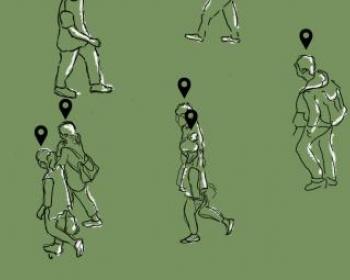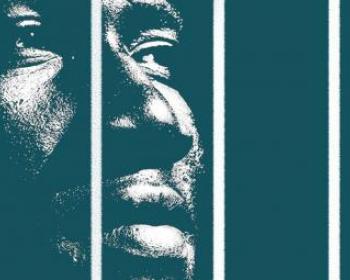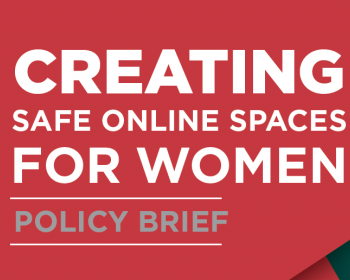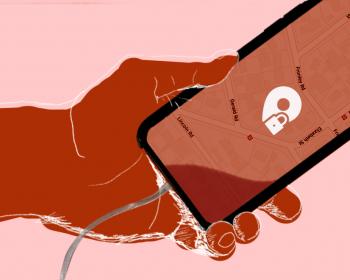Closer than ever
APC understands that we are all dealing with unprecedented circumstances as we face the challenges, fear and uncertainty brought on by the spread of the COVID-19 pandemic. We know it impacts our work, our personal lives and the lives of those we care about. Each country is tackling the situation differently, so the contexts we find ourselves in are as diverse as the ways we find to navigate shifting conditions.
In these exceptional times, we wish to send our solidarity and appreciation for connecting with us. While we are distancing ourselves physically, we continue to stay closer than ever to each other and share tools and resources as well as support. We also want to examine how we can continue to promote human rights online in the context of a global pandemic. We are all facing this problem together but we know it affects different countries and communities in different ways. Therefore, we would like to channel the strength of our network to share some important resources that we hope will be empowering, enlightening and reassuring.
Below you will find articles and insights shared by our community, which has been working on human rights and technology issues for over 30 years. We will be updating these lists on a regular basis, so please feel free to connect with us if you have some resources to share.
Realism’s been gaining ground, but anyone who reads the literature knows that hype’s still hot in digital discourse. Education’s been one of the battlegrounds, and coronavirus has brought it to the fore again.
The COVID-19 pandemic has resulted in a need for solutions to “flatten the curve”. This essay by Rumbidzai Matamba and Chenai Chair employs the use of the South African government’s contact tracing initiatives to assess whether the social contract theory can be employed as a tool to justify privacy violations for public health.
In Zimbabwe, just like in many other parts of the world, prison is highly resented by society. This paper by David Makwerere tackles this largely unexplored subject on digital rights for prisoners.
In response to the growing incidence of cyber harassment on Kenyan online platforms, KICTANet conducted a study to highlight the struggles of those affected by it, who are often women. The purpose of this policy brief is to understand the nature of cyber harassment and the existing policy gaps.
The sudden and dramatic advent of the COVID-19 global pandemic caught the world by surprise and left many floundering for responses, none more so than those in the information and communications technology (ICT) sector: the policy makers, regulators and internet and other ICT service providers.
This paper by Amanda Manyame explores the adequacy of the COVID-19 regulations enacted in South Africa as they pertain to protection of the personal and health data being collected in an attempt to curb the spread of COVID-19.
On the pilot episode of Pretty Good Podcast: Discussions on Digital Rights, EngageMedia chats with the Association for Progressive Communications executive director, Chat Garcia Ramilo, on the past, present, and future of digital rights in the Asia-Pacific region.
The newly launched position paper, available in English, French and Portuguese, consolidates Coalition members’ assessment of, and positions on, the promotion, protection and exercise of human rights online in the context of COVID-19.
The House of Representatives has approved a controversial anti-terrorism bill and is rushing it through final reading. Human rights groups are condemning the grossly misplaced priorities of the Philippine Congress when the people are struggling with a global pandemic.
This position paper is informed by monitoring conducted by the African Declaration on Internet Rights and Freedoms (AfDec) Coalition of developments relating to the COVID-19 pandemic.

Association for Progressive Communications (APC) 2022
Unless otherwise stated, content on the APC website is licensed under Creative Commons Attribution 4.0 International (CC BY 4.0)












